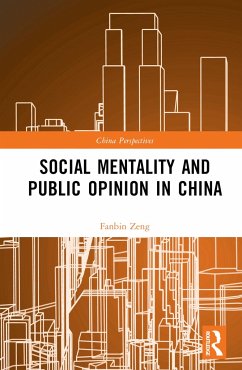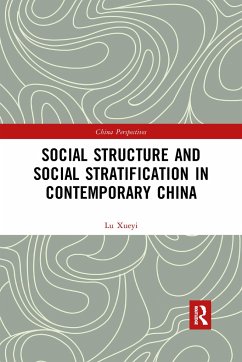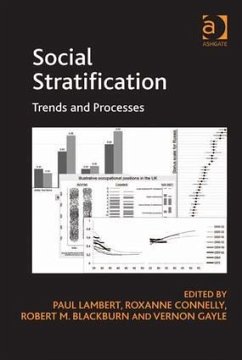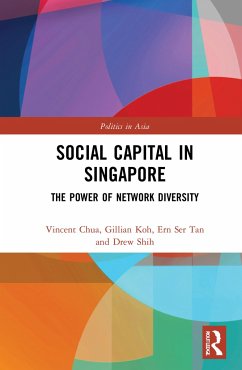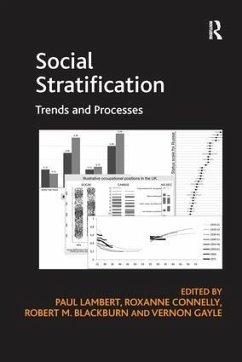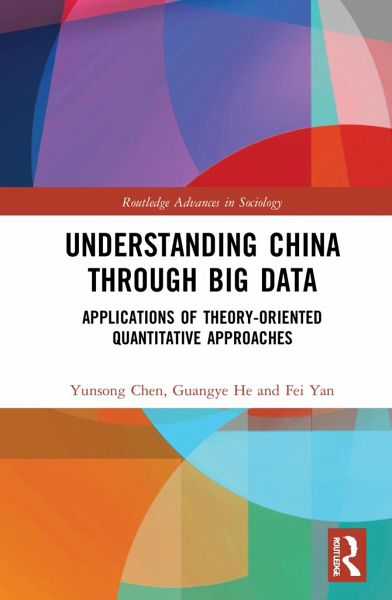
Understanding China through Big Data
Applications of Theory-oriented Quantitative Approaches
Versandkostenfrei!
Versandfertig in 1-2 Wochen
186,99 €
inkl. MwSt.
Weitere Ausgaben:

PAYBACK Punkte
93 °P sammeln!
Chen, He and Yan present a range of applications of multiple-source big data to core areas of contemporary sociology, demonstrating how a theory-guided approach to macrosociology can help to understand social change in China, especially where traditional approaches are limited by constrained and biased data. In each chapter of the book, the authors highlight an application of theory-guided macrosociology that has the potential to reinvigorate an ambitious, open-minded and bold approach to sociological research. These include social stratification, social networks, medical care, and online beha...
Chen, He and Yan present a range of applications of multiple-source big data to core areas of contemporary sociology, demonstrating how a theory-guided approach to macrosociology can help to understand social change in China, especially where traditional approaches are limited by constrained and biased data. In each chapter of the book, the authors highlight an application of theory-guided macrosociology that has the potential to reinvigorate an ambitious, open-minded and bold approach to sociological research. These include social stratification, social networks, medical care, and online behaviours among many others. This research approach focuses on macro-level social process and phenomena by using quantitative models to statistically test for associations and causalities suggested by a clearly hypothesised social theory. By deploying theory-oriented macrosociology where it can best assure macro-level robustness and reliability, big data applications can be more relevant to and guided by social theory. An essential read for sociologists with an interest in quantitative and macro-scale research methods, which also provides fascinating insights into Chinese society as a demonstration of the utility of its methodology.






